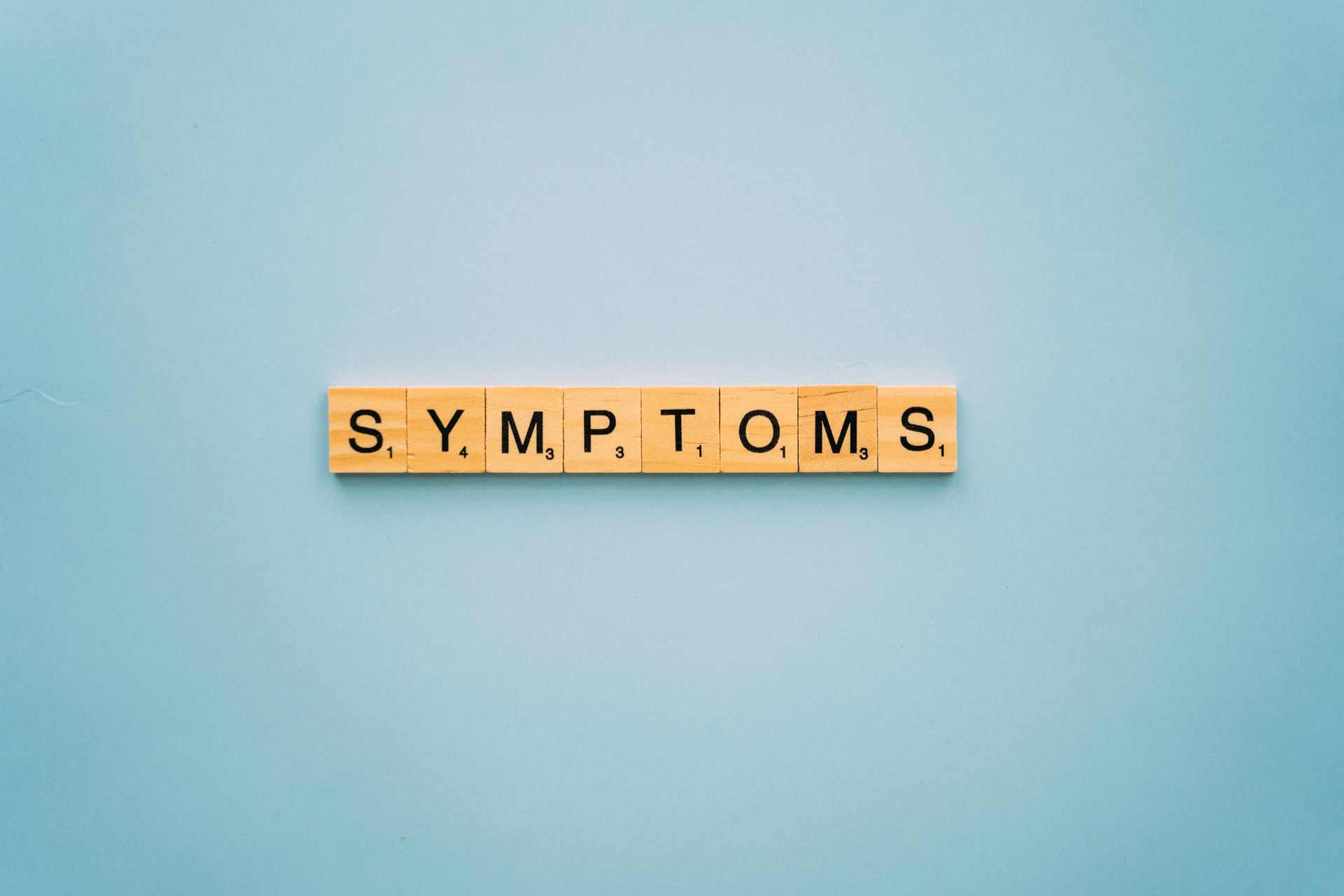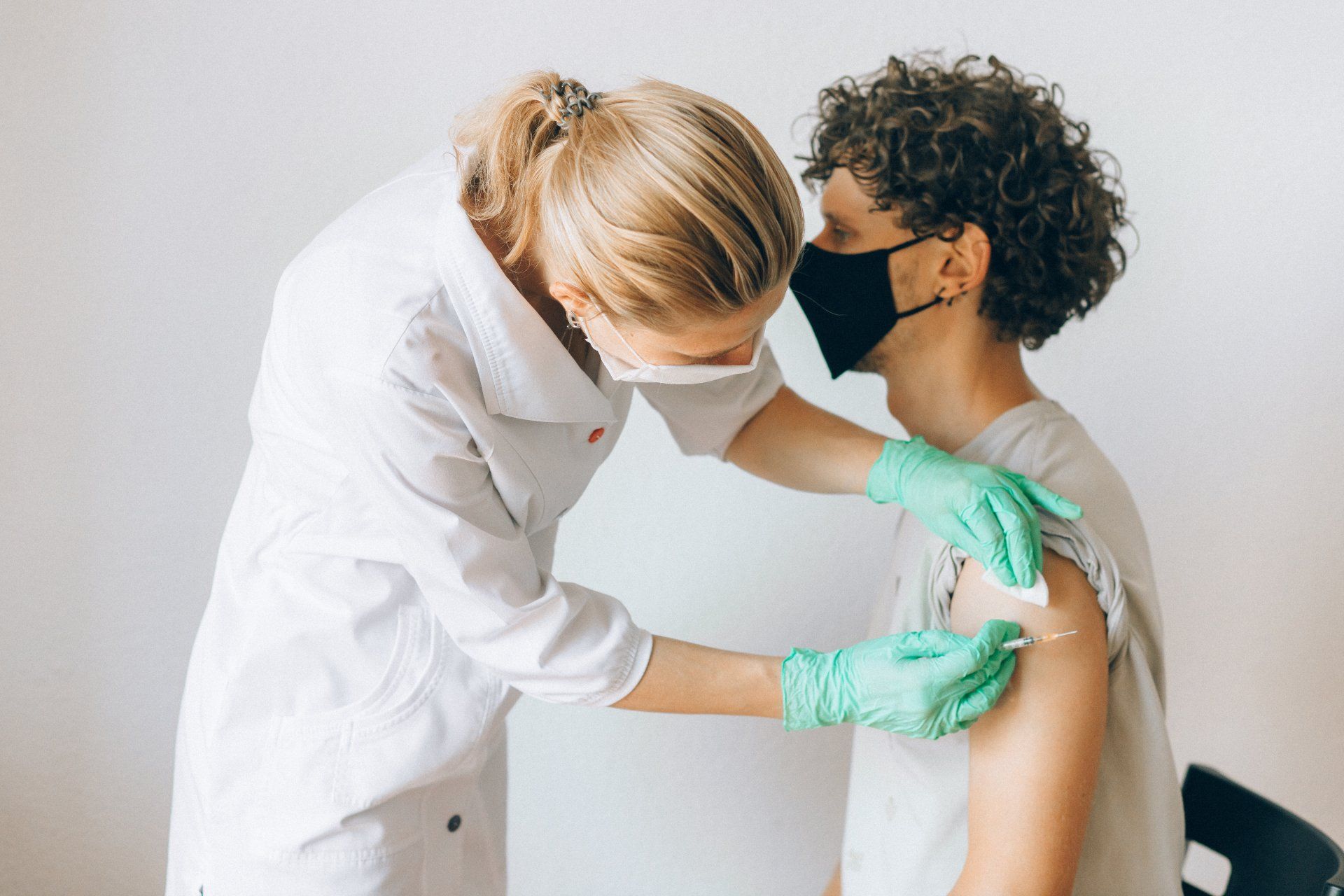Symptoms of menopause: how to reverse them?
All women will go through menopause! It can be incredibly tough because, there are a variety of symptoms that can create bedlam and together may drastically affect a women’s quality of life. In this post we will list the most common symptoms of menopause and show you some ways to minimise them, making the menopausal transition much more manageable.
Symptoms of menopause

Mental health symptoms resulting from menopause:
- Brain fog – Brain fog a term used to describe a range of symptoms affecting memory or concentration including forgetfulness, thinking more slowly than usual, mental fatigue, poor concentration and feeling confused.
- Changes in mood / mood swings – During menopause hormone production of oestrogen decreases which can unbalance hormones in your body leading to a sudden change in mood. These changes in mood can create feelings of anxiety and depression.
Physical symptoms of menopause:
- Hot flushes – Creating a sudden hot or cold feeling in the person’s face, neck and chest which then make you dizzy.
- Disturbed, poor-quality sleep / night sweats – night sweats are a symptom defined by excessive night-time sweating frequently resulting in interrupted sleep.
- Palpitations – the heartbeat becomes suddenly noticeable with palpitations which can last many seconds or minutes.
- Headaches and migraines – these can be more painful or last longer than usual.
- Muscle / joint ache – muscles and joints can ache for no obvious reason.
- Weight gain – during menopause many women experience weight gain which can be accompanied by a change in body shape. In particular thickening of the waist.
- Skin problems – dry and itchy skin is a symptom that may occur during menopause due to the hormonal changes in the body.
- Reduced libido – Sex drive is often reduced during menopause.
- Vaginal dryness - this symptom can be incredibly uncomfortable and can also cause discomfort during sex which can, as a result, negatively affect partner relationships.
- Recurrent UTIs (urinary tract infections) – UTI’s that keep coming back could be a sign of menopause.
Note that this is not an exhaustive list, but we have listed the most common symptoms.
If you are concerned about any of these symptoms talk to your doctor or pharmacist:
https://www.newington-pharmacy.co.uk/book-appointment
Why does menopause happen?
Menopause is a natural stage of in a women’s life, marking the end of periods and fertility. There are three stages to Menopause. Perimenopause, Menopause and Post menopause. Over the transition through these stages your body will gradually lose production of certain hormones, in particular oestrogen. Menopause is most significantly the sign of a woman’s reproductive years having finished.
Should I worry about menopause?
It’s natural to have some concern about menopause because change can be unnerving. But there is no need to panic about going through menopause. Our pharmacy and pharmacies across the country can offer natural treatments in addition to the numerous medications available to help ease the transition through menopause. Along with the huge range of treatments, many thousands of women go through menopause each year meaning there is plenty of support available through friends, family, and support groups. Menopause is not a life-threatening condition, but it is extremely important to maintain a healthy diet and lifestyle, if you want to live for many more decades into old age and remain in good health. Post menopause, women certainly have an increased risk of cardiovascular disease, osteoporosis and UTIs. So, maintaining a healthy diet and lifestyle before the menopause will hugely improve quality of life once after menopause, as well as reducing symptoms during menopause.
What can I do to help reverse/reduce the symptoms of menopause?
Hormone Replacement Therapy (HRT)
To be explicit you can lessen the symptoms, but you cannot reverse menopause. However, there are many treatments available to help improve the symptoms of menopause. One common treatment to address the symptoms of menopause is HRT. This is the provision of replacement hormones for hormones that will naturally decline during menopause. This will reduce many of the symptoms that come due to the menopausal transition, whilst also reducing many of the related health risks such as osteoporosis and heart disease. HRT is the most common and effortlessly available treatment for menopause. That said there are numerous other types of treatment you can use.
Testosterone Gel
Although testosterone is a commonly attributed to men, this hormone plays a part in women’s health too! Testosterone gel treats reduced sex drive and lowered libido. As a result is usually prescribed in circumstance where the menopausal symptoms affect sex life. Standard HRT has only limited benefits in terms of symptoms associated with sex drive, which is why testosterone gel may be a better option. The gel does not interfere with standard HRT, so both can be prescribed together to relieve the broad brush of symptoms.
If you are unsure where to start in treating menopausal symptoms, you can book a consultation with our pharmacist to discuss your next steps:
https://www.newington-pharmacy.co.uk/book-appointment
Oestrogen treatment
Oestrogen treatments can be prescribed. This treatment is used to improve symptoms of vaginal dryness and irritated skin. In addition, this can help diminish the likelihood of contracting numerous UTIs, which is a common symptom during menopause. Oestrogen is one of the main hormones affected by the menopause and is usually the hormone treatment given to the majority of women throughout the menopause.
Are there any risks associated with HRT?
There are moderate risks associated with HRT regarding its tablet form. Women over the age of 60 using HRT tablets have a slightly increased risk of cardiovascular disease along with a slightly higher risk of stroke. This risk can be made worse if HRT treatment is introduced late into menopause. The associated risks can be reduced by decreasing the dose of oral HRT or by using a gel or a patch.
Blood clots are another risk associated with taking oral HRT. By and large, the risk of blood clots are low but crucially important to discuss with your doctor when contemplating HRT. The increased risk of blood clots only occurs when taking oral HRT. Therefore, when considering HRT, it is essential to consider both risks and benefits on an individual basis, taking into account the wider status of the individual’s health and their risk factors. Thus, if increased clotting is a concern, your doctor, will likely prescribe you a HRT treatment that is not tablet form. Because oestrogen is safer when being absorbed directly through the skin in lower doses.
Another potential risk associated with HRT is breast cancer. Evidence suggests that there are 5 more cases of breast cancer in every 1000 women who take HRT for 5 years. Despite this relatively small increase in risk (which equates to 0.5% of women), the risk towards women will increase the longer HRT is taken. This can be further worsened due to the risk associated with aging. Fortunately, the risk normalises once HRT is stopped. It’s usually advised that women who have a history of breast cancer do not take HRT, as these women are put at an unnecessarily higher risk. Additionally, doctors are cautious about prescribing HRT in families with a strong history of breast cancer or an increased genetic pre-disposition.
If you have any concerns or queries about going through menopause, or HRT treatments, book a consultation with our pharmacist who can advise you on the next steps:
https://www.newington-pharmacy.co.uk/book-appointment
What are the non-medical options?
Herbal remedies
After having discussed the prescription and medical options, we understand not everyone will want to use a prescription. Firstly, a woman going through the menopause could make use of herbal remedies. These Remedies:
- primrose oil
- black cohosh
- angelica
- ginseng
- St John’s wort
- red clover
Offer women relief with a few symptoms. However, it’s important to remember herbal remedies unlike medical options, do not have scientific evidence to support them. Some people find them helpful but there is no assurance they will help improve your own symptoms. Most of the listed herbal remedies have similar impacts. Usually improving the symptoms of hot flushes and mental health symptoms.
Body-Identical Hormones vs Compounded Bioidentical Hormones?
Bioidentical hormone is a term used to describe hormone supplements, which have the same molecular structure as the hormones naturally produced by our body. It’s important to differentiate between hormones whose manufacturing is closely regulated and monitored by the appropriate regulatory bodies and unregulated supplements whose content may vary. Body-identical hormones is the term given to hormones that are manufactured to pharmaceutical standards and regulated so that patients using them can stay safe. Many so-called “bioidentical” hormones are plant-based which appear to be an attractive option to those who do not want to use traditional HRT treatments. However, these plant-based treatments are unregulated and may be ineffective or worse, so we don’t advise there use.
Compounded Bioidentical Hormones
Compounded bioidentical hormones are another option women may consider. This is a poorly documented and potentially dangerous treatment. Therefore, many health professionals will advise against using compounded bioidentical hormones to treat menopause symptoms. They could be unsafe, have less effect on your symptoms and they are not regulated.
Ultimately: Compounded bioidentical hormones, have little evidence about the risks they potentially have towards women’s health or if they are any safer than other treatments. Herbal remedies and traditional HRT treatments are generally monitored for safety by health regulatory bodies whereas compounded bioidentical hormones are not. This makes them an unappealing option.
If you are worried about going through the menopause or have any other health concerns book a health consultation with a professional to discuss what the best next step is for you. Book a consultation with our pharmacist who can advise you on the next steps:
Recent Posts
Newington Pharmacy,
47-49 Newington Road,
Ramsgate, Kent,
CT12 6EW.
Tel: 01843 587353
Email: info@newington-pharmacy.co.uk
Superintendent Pharmacist:
Mr Gurpal Chaggar
Pharmacist Reg. No: 2074224
Pharmacy Reg No: 1032895
Business Name:
Poppychem Ltd.
Company Registration Number:
13798278
Head Office:
47-49 Newington Road,
Ramsgate, Kent,
CT12 6EW
© Copyright
| Pulse







